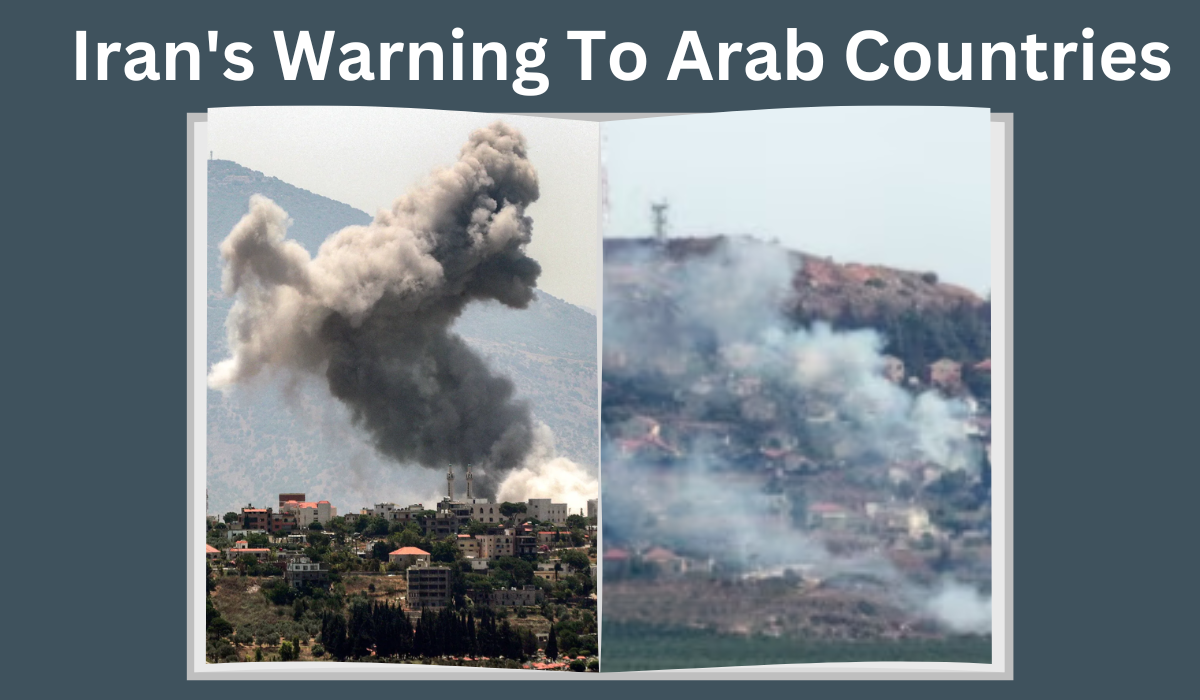Tehran, October 12, 2024 — In a recent statement that underscores the escalating tensions in the Middle East, Iranian officials have issued a stern warning to neighboring Arab countries and their allies in the United States. This announcement follows a series of military drills conducted by Iran, which the government claims are necessary to ensure national security amid perceived threats from regional adversaries.
Iranian Foreign Minister Hossein Amir-Abdollahian emphasized that any collaboration between Arab states and the U.S. aimed at undermining Iran’s security would not be tolerated. “We advise our neighbors to reconsider their alliances and avoid becoming pawns in the larger geopolitical game orchestrated by foreign powers,” he stated during a press conference in Tehran.
This warning comes in the wake of increasing military cooperation between several Gulf states and the U.S., including joint exercises and arms deals, which Tehran views as provocative. Analysts suggest that Iran’s message is intended to dissuade Arab countries from deepening their ties with Washington, especially in the context of ongoing conflicts in the region, including tensions in Yemen and Syria.
The Iranian government has also pointed to recent developments, such as the normalization of relations between some Arab states and Israel, as further evidence of what it calls a “dangerous trajectory” that threatens regional stability. “The path chosen by some Arab nations is fraught with peril, and it will have repercussions for the entire region,” Amir-Abdollahian warned.
In response, Arab leaders have reiterated their commitment to sovereignty and security, emphasizing the importance of regional cooperation to address mutual threats, including those posed by Iran’s ballistic missile program and support for proxy groups throughout the Middle East.
As tensions continue to simmer, observers are closely monitoring the situation, fearing that the current rhetoric could escalate into more significant confrontations. The international community remains hopeful for diplomatic solutions to ease the rising tensions and foster a more stable environment in the region.
Background
Iran has long been at odds with several Arab nations, particularly Saudi Arabia and the United Arab Emirates, over issues such as sectarian divides and geopolitical influence. The recent warning from Tehran adds another layer of complexity to an already volatile situation in the Middle East, where alliances are frequently shifting and conflicts remain unresolved.
As both sides brace for potential escalations, the coming weeks will be critical in determining the direction of Iran-Arab relations and the broader dynamics in the region.
4o mini






